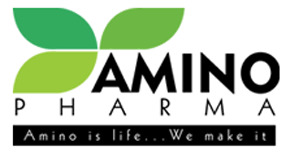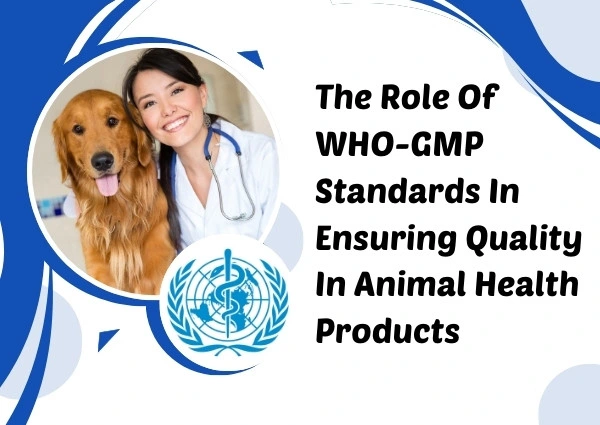Understanding WHO-GMP Standards
WHO-GMP standards are a set of guidelines designed to ensure that pharmaceutical products, including those intended for animal health, are consistently produced and controlled according to quality standards. These guidelines cover all aspects of production, from the raw materials used to the hygiene of staff, equipment, and facilities. By adhering to these standards, manufacturers can ensure that their products are safe, effective, and of high quality.
Ensuring Consistent Product Quality
One of the primary roles of WHO-GMP standards in animal health products is ensuring consistent product quality. Animal health products, such as vaccines, antibiotics, and nutritional supplements, must be produced with precise formulations to guarantee their efficacy. WHO-GMP guidelines mandate rigorous testing at various stages of production, from the inspection of raw materials to the final product’s release. This meticulous attention to detail ensures that every batch of product meets the required specifications, minimizing the risk of variations that could compromise the product’s safety or effectiveness.
Safeguarding Animal And Human Health
Animal health products are not only crucial for maintaining the health of animals but also have significant implications for human health. For instance, the improper use of antibiotics in animals can lead to antibiotic resistance, which poses a severe threat to public health. WHO-GMP standards help mitigate this risk by enforcing strict guidelines on the production and use of antibiotics and other veterinary medicines. By ensuring that these products are manufactured under controlled conditions, WHO-GMP standards reduce the risk of contamination, cross-contamination, and the development of resistant strains.
Enhancing International Trade And Market Access
In today’s global market, the adherence to WHO-GMP standards is often a prerequisite for exporting animal health products. Countries with stringent regulatory frameworks require imported products to meet WHO-GMP guidelines to ensure their safety and efficacy. By complying with these standards, manufacturers can enhance their market access and reputation, gaining the trust of international regulatory bodies and consumers alike.
Promoting Ethical Manufacturing Practices
WHO-GMP standards also emphasize the importance of ethical manufacturing practices. This includes ensuring that the manufacturing process is not only safe and efficient but also environmentally sustainable and socially responsible. Manufacturers are required to implement waste management practices, reduce their environmental footprint, and ensure the safety and well-being of their workers. This commitment to ethical practices reflects positively on the company’s reputation and contributes to the overall integrity of the animal health industry.

